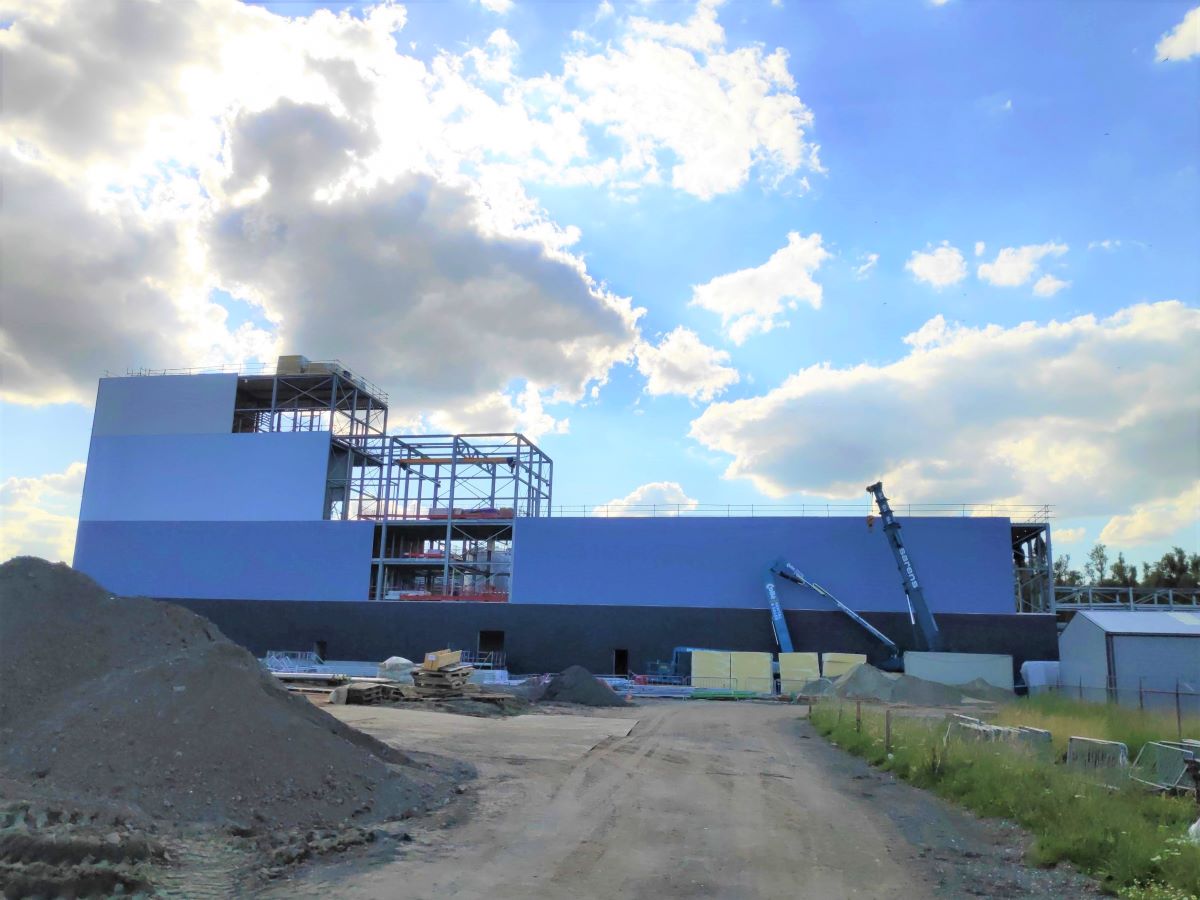
PLENITUDE
First-of-its-kind, large-scale, lowest-cost, zero-waste biorefinery for the production of proteins for food and feed application from low cost sustainable feedstocks.

First-of-its-kind, large-scale, lowest-cost, zero-waste biorefinery for the production of proteins for food and feed application from low cost sustainable feedstocks.
Emissions from livestock are a major contributor to rising CO2 levels causing almost 15 per cent of anthropogenic greenhouse gas emissions. In addition, the amount of land devoted to food production is a major cause of a loss of biodiversity. Without action, the growing population and consequently increasing demand for food – particularly proteins – the situation is likely to deteriorate.
The PLENITUDE project will address this issue by producing food-grade protein sustainably by integrating an aerobic fermentation plant with a conventional first-generation biorefinery. This will help to meet the growing demand for protein without the impact on CO2 emissions or on biodiversity. The process will use sustainable cereal crops as its feedstock. The process will be highly efficient, with zero waste, while producing food-grade protein with a feed conversion ratio superior to current alternatives.

As well as establishing methods of manufacturing proteins sustainably, and the contribution this will offer to the challenge of feeding a growing population, the PLENITUDE project will make a number of societal and environmental impacts. It will:
The PLENITUDE project seeks to deliver a number of specific impacts. It will: